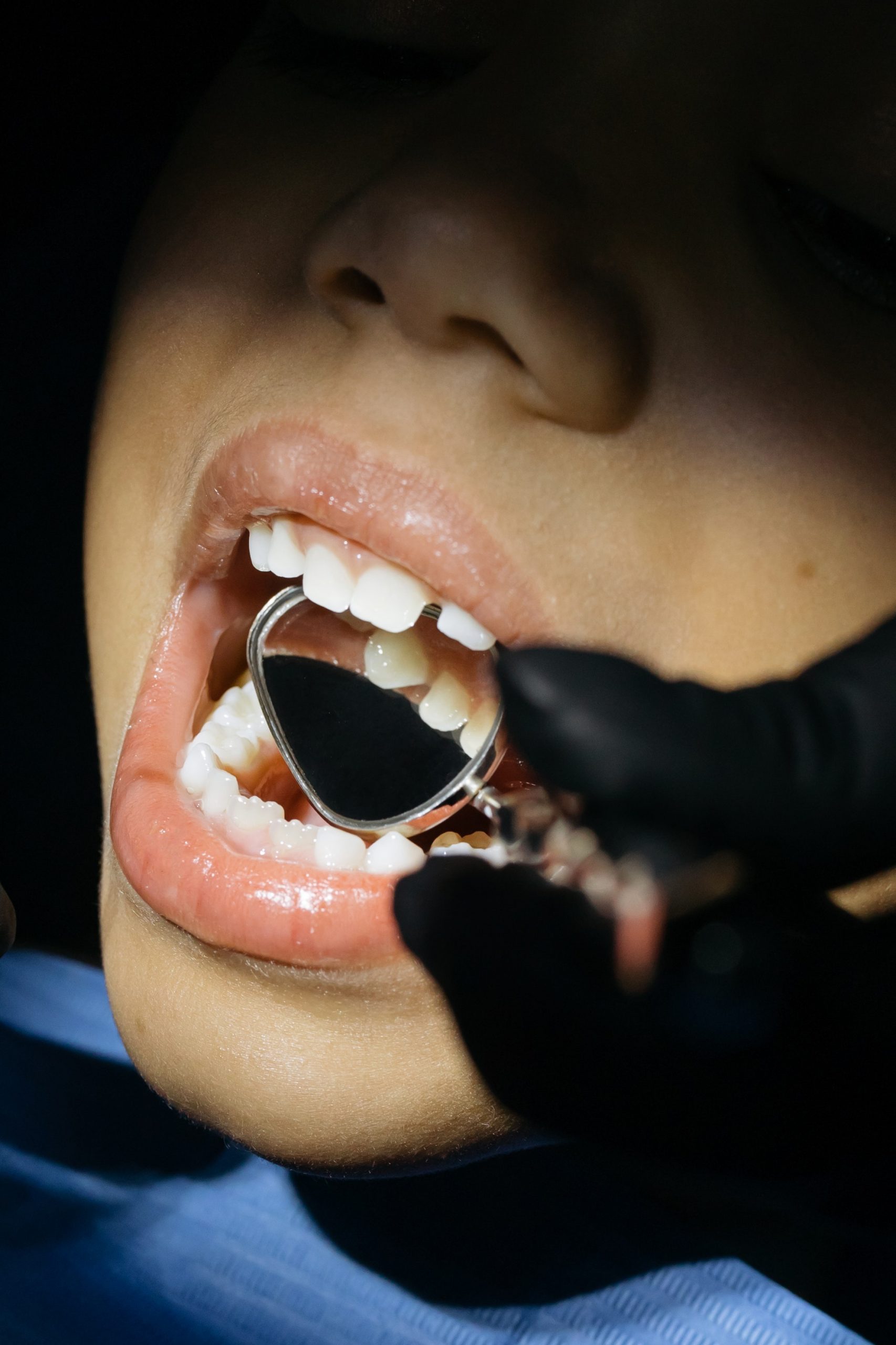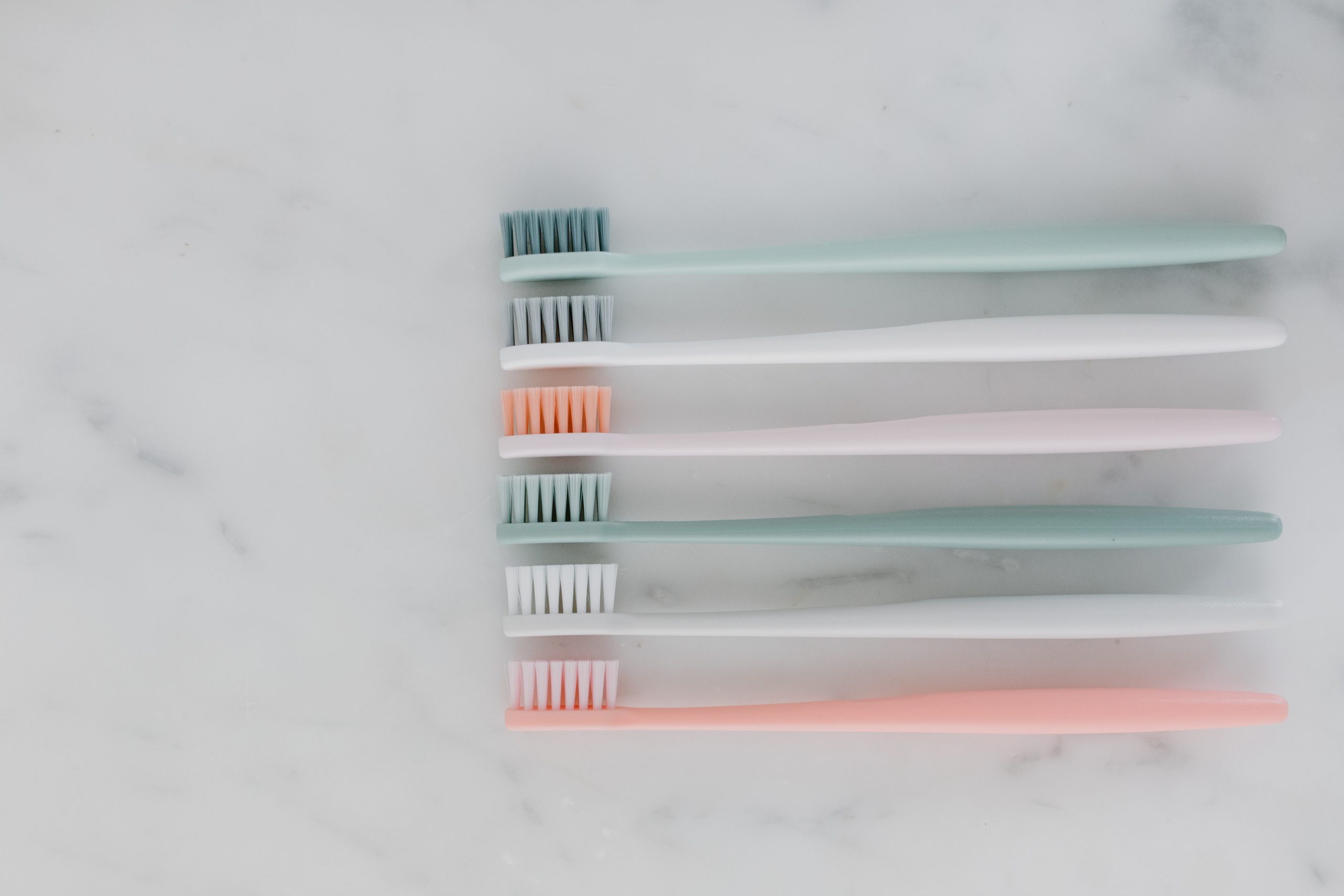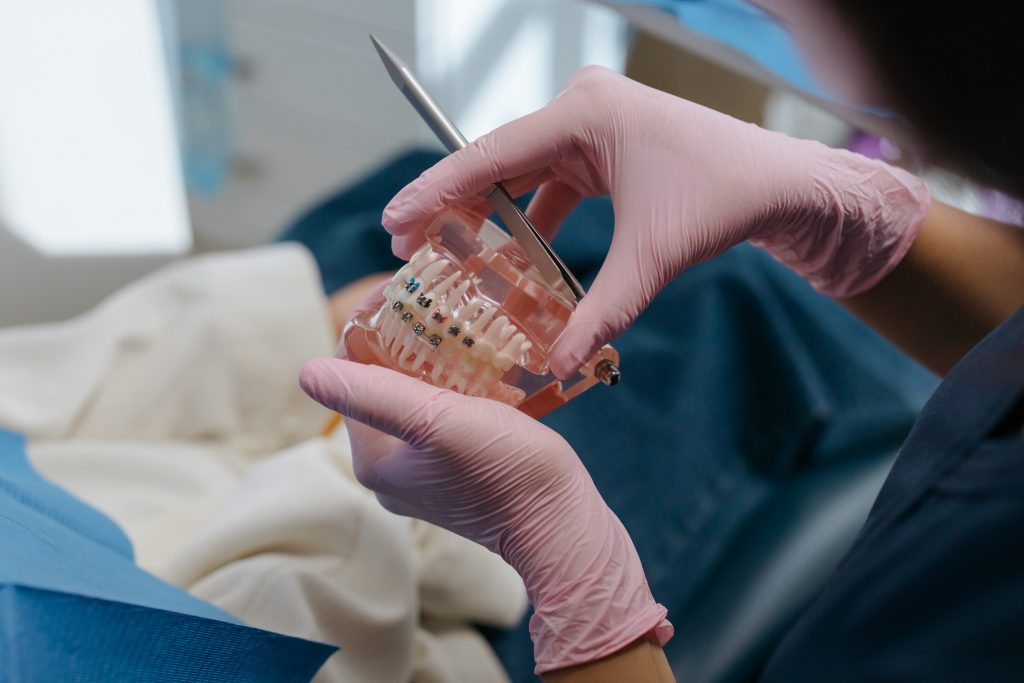The French Union for Oral Health (UFSBD) advises adopting a varied diet covering the nutritional needs that are specific to each individual according to his stage of development and his activity. A child and an adult will not need the same inputs, as will a person doing manual or office work. The ideal diet should include each day:
Proteins: These macromolecules contain phosphorus, a chemical that is vital for building strong bones and teeth. Certain proteins, such as casein, found in dairy products and particular cheese, counteract the acidity produced by the breakdown of certain foods.
Lipids: rich in fatty acids and vitamins, lipids include all dietary fats. Contained mainly in meat, fish, and dairy products, lipids are also found in seeds or oleaginous fruits (such as nuts, olives). Some lipids are consumed by the body for energy, while others play a role in cell renewal and creation. Lipids also help neutralize oral acidity.
Carbohydrates: along with lipids, carbohydrates are the source of energy for the human body. Often called sugars, these are a delicacy for plaque bacteria, which turn them into acids after fermentation.
There are many, but the most important for oral health are the B vitamins (prevention of canker sores, mouth ulcers, and halitosis), C (maintains healthy gums, prevents bleeding), and D (helps bone structures to fix and absorb calcium, allows the body to regulate mineral intake). Calcium is an essential mineral, serving to strengthen the strength of bones. It circulates continuously in the blood, in small quantities. Also, when the diet does not provide enough calcium to the body, it starts to draw it directly from the bones, which will lead to the weakening of the bones and teeth if this deficiency is not remedied.
Water: essential for cell renewal, water also allows the mouth to stay moist and protected by saliva. An adult European needs to drink on average between 1.5 and 2 liters of water per day.

Practice good dental hygiene. Brush your teeth at least twice a day, after meals, with a soft-bristled toothbrush and fluoride toothpaste. Floss once a day: in addition to removing food residues stuck in spaces inaccessible to the toothbrush, this will allow you to closely observe the condition of your teeth and gums. A good way to detect any spots, swelling, or more generally any unusual change.
Finally, do not forget to go to your dentist at least twice a year for check-ups accompanied by descaling. This operation, which is essential for dental maintenance, can only be carried out in a chair by a professional. It aims to evacuate dental plaque and tartar, which in addition to embodying a real refuge for unwanted microbial flora, helps to push back the gums by attaching itself to the dental neck region.


